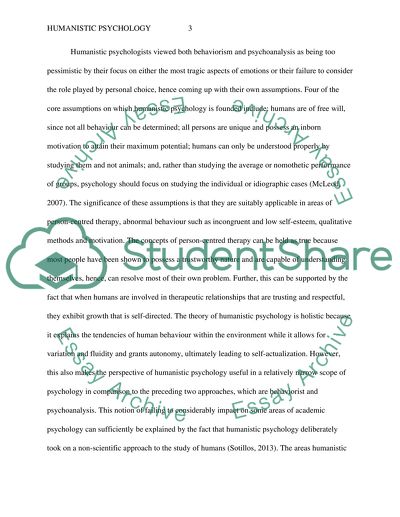Cite this document
(“Humanistic Psychology Essay Example | Topics and Well Written Essays - 1250 words”, n.d.)
Humanistic Psychology Essay Example | Topics and Well Written Essays - 1250 words. Retrieved from https://studentshare.org/psychology/1498797-humanistic-psychology
Humanistic Psychology Essay Example | Topics and Well Written Essays - 1250 words. Retrieved from https://studentshare.org/psychology/1498797-humanistic-psychology
(Humanistic Psychology Essay Example | Topics and Well Written Essays - 1250 Words)
Humanistic Psychology Essay Example | Topics and Well Written Essays - 1250 Words. https://studentshare.org/psychology/1498797-humanistic-psychology.
Humanistic Psychology Essay Example | Topics and Well Written Essays - 1250 Words. https://studentshare.org/psychology/1498797-humanistic-psychology.
“Humanistic Psychology Essay Example | Topics and Well Written Essays - 1250 Words”, n.d. https://studentshare.org/psychology/1498797-humanistic-psychology.


